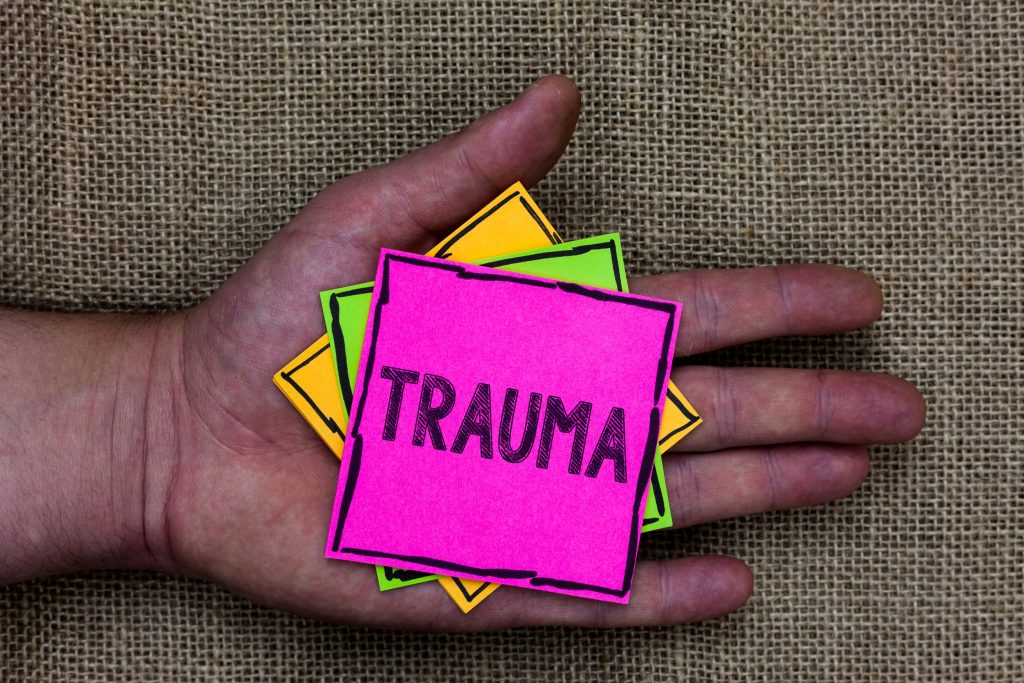
Do you apologize constantly, even when you have done nothing wrong? Do you feel an overwhelming need to keep everyone happy? We often dismiss these habits as personality quirks. We might call ourselves a “people-pleaser” or “overly cautious.” However, these patterns are often protective tools we develop after facing difficulties. Understanding that certain behaviors are trauma responses is the first step toward healing. You will learn to recognize eight of these behaviors and the reasons behind them.
1. Extreme People-Pleasing
Making others happy might seem like a kind trait. But when it comes at the expense of your own needs, it can be a trauma response. Some people grow up in environments where safety depended on keeping a caregiver calm. For them, people-pleasing became a survival skill. Their subconscious believes, “If I make everyone happy, I will be safe.” This mindset leads to poor boundaries and a constant fear of conflict.
2. Over-Apologizing
Saying “I’m sorry” for things that are not your fault is a classic sign. This includes when someone bumps into you or when you need to ask a question. This often stems from a childhood where others frequently blamed you or made you feel like a burden. As a result, you preemptively take the blame for everything. You try to de-escalate potential conflict or criticism. It is a learned habit to protect yourself from perceived threats.
3. Inability to Accept Compliments
Do you cringe or immediately deflect a compliment? This difficulty can be rooted in past experiences. Perhaps praise was rare or was followed by criticism. Your nervous system may have learned that positive attention is unsafe or fake. Deflecting compliments becomes a way to avoid vulnerability. It helps you keep expectations low to protect yourself from potential disappointment.
4. Constant Busyness or “Productivity”
An inability to relax and a compulsive need to stay busy can be a way to avoid difficult emotions. For those with unresolved trauma, stillness can feel terrifying. It allows painful memories or feelings to surface. Staying busy with work, chores, or hobbies becomes a distraction. Society often praises this hustle, making it one of the more acceptable behaviors that are trauma responses.
5. Difficulty Making Decisions
Chronic indecisiveness can stem from a past where others criticized or controlled your choices. Perhaps your decisions led to negative consequences. If someone punished you for making the “wrong” choice as a child, you may develop a deep fear of mistakes. This fear then manifests as anxiety around decision-making. Your brain tries to protect you from repeating that painful experience. As a result, you might over-analyze options or constantly seek reassurance.
6. Spacing Out or Dissociating
Have you ever found yourself completely zoning out during a conversation? This is a mild form of dissociation. It is a mental escape when reality feels too overwhelming. The brain uses this coping mechanism to disconnect from a stressful situation. This could be a difficult emotion, a triggering topic, or a memory. While everyone daydreams, frequent spacing out can be a sign that your nervous system perceives a threat.
7. Over-Explaining Your Actions
Do you feel the need to provide detailed justifications for your choices? This is often a sign of being constantly questioned or doubted in the past. If you grew up with caregivers who demanded proof or distrusted you, you learned to build a case for yourself. This habit carries into adulthood. You may feel you must always defend your right to do, think, or feel a certain way.
8. Hypervigilance
Hypervigilance is a state of being constantly on high alert. You might scan your environment for threats. You may be highly sensitive to people’s tones, expressions, and body language. This often comes from growing up in an unpredictable or unsafe home. You had to be attuned to the moods of others to protect yourself. While it can make you seem intuitive, it is an exhausting state to live in.
From Awareness to Healing
Recognizing these patterns is not about labeling yourself as “broken.” It is about understanding your own story. Many of these behaviors that are trauma responses were smart adaptations that helped you survive. Now, you can realize that you are no longer in that same dangerous environment. With awareness and self-compassion, you can gently release these protective patterns. You can choose new behaviors that align with the safe, authentic life you deserve.
Which of these behaviors do you recognize in yourself or others, and how does understanding its origin change your perspective?
Read more:
8 “Nice” Behaviors That Come Off as Passive-Aggressive
10 Behaviors That Make Adult Children Cut Ties (According to Therapists)
The post 8 “Normal” Behaviors That Are Actually Trauma Responses appeared first on Budget and the Bees.







